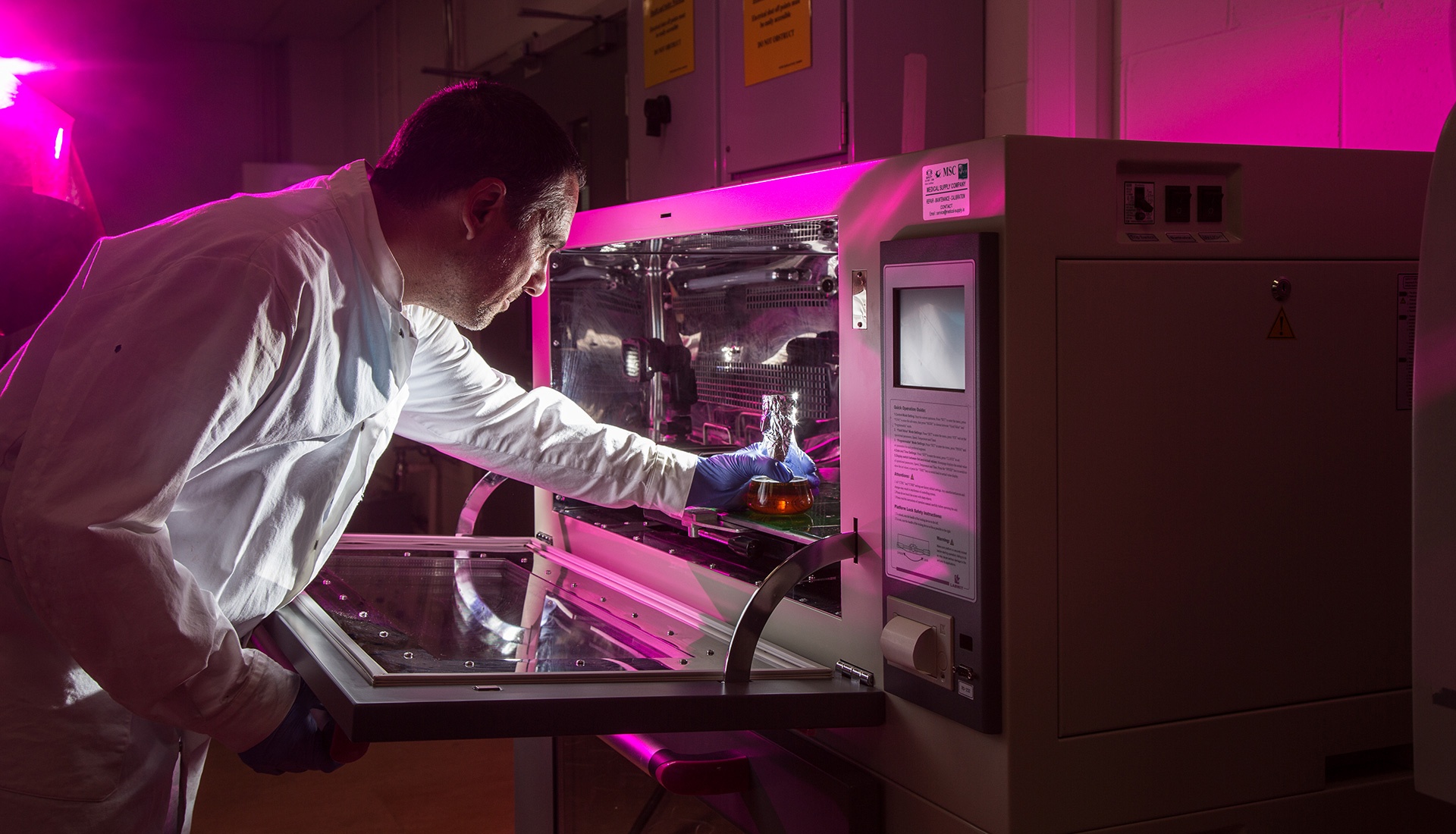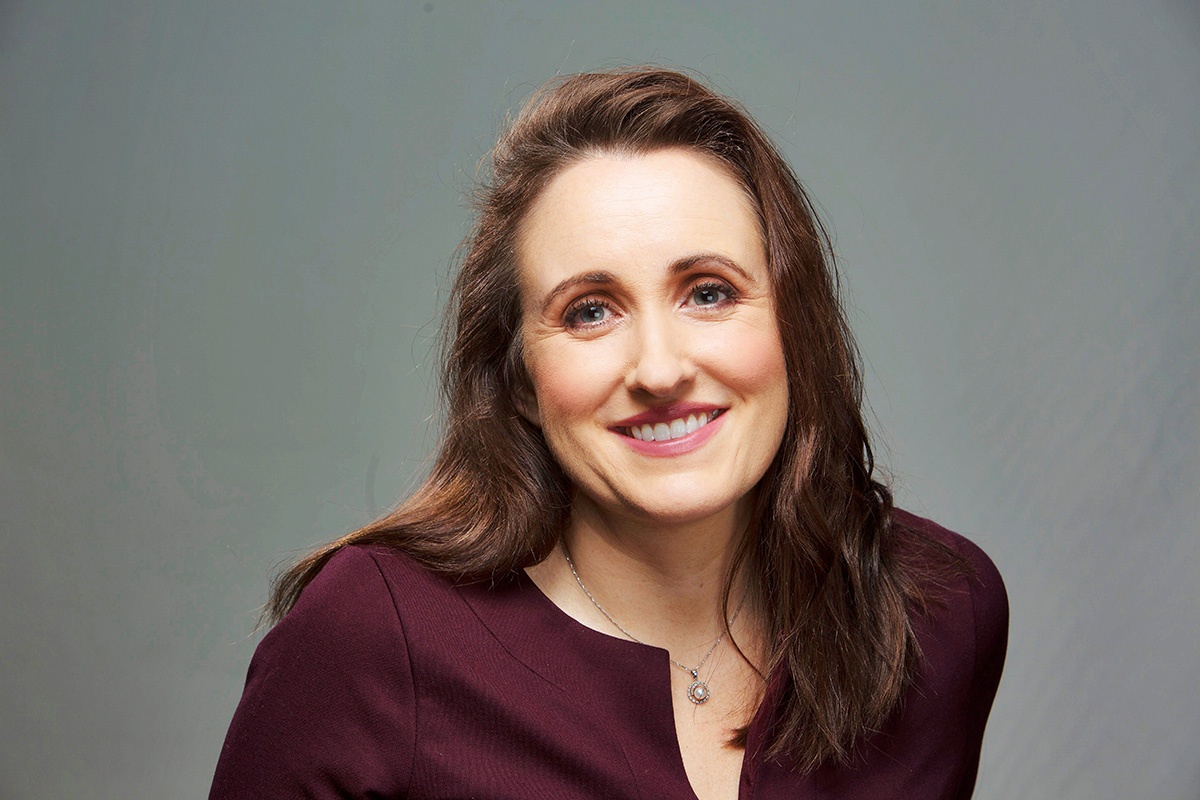
A unique ecosystem has evolved in Galway. The city is now listed as one of a few distinct hotspots around the world for the Medtech industry’s manufacturing, research and development. n this world of medical device innovation and creative response to patient and clinical need, the City of Tribes is now ranked alongside San Francisco, Minneapolis, Boston, Berlin and Singapore.
The prized asset in that ecosystem is the location of the NUI Galway campus – a stone’s throw from University Hospital Galway and buttressed by a progressive Medtech industry hinterland.
Derek O’Keeffe, Professor of Medical Device Technology at the University and Consultant Physician at the hospital, experiences this transformative landscape every day. He says: “Our uniqueness is that we have established a culture of innovation by developing a collaborative environment of university, hospital and industry interaction with patient care as the central stem. It has enabled us to create novel patient centred Medtech solutions to challenging clinical problems.”
Some of the statistics at the heart of our burgeoning reputation are little known gems – Ireland is currently the world leader in the production of drug eluting stents, orthopaedic knee joints and we produce half of the world’s hospital ventilators and a third of all contact lenses. It is an industry worth €12.6 billion to our economy. And it is evolving.
As Dr Martina Ní Chúlain, Director of Strategic Development in the University’s College of Medicine, Nursing and Health Sciences, adds: “We are the only University in the country, and one of very few globally, which is developing the competency and expertise in all elements of device development.”

With NUI Galway sustaining the ecosystem, researchers are exploring new concepts while clinical trials test solutions.
Dr Ní Chúlain adds: “Through the Clinical Research Facility and partnership with Saolta Hospital Group we are creating a link between device development and clinical application. What makes all of this possible are the patients who engage in our research.”
Take the SFI supported Medical Device Research Centre Cúram, which aims to develop affordable, innovative and transformative devices to treat global chronic disease. A major part of its translational research focus is industry collaboration and public outreach. As Cúram’s Scientific Director Professor Abhay Pandit puts it: “The Medtech community can only get stronger as we continue to create these unique networks across academic, industry and clinical institutions and provide strong research support for our industry partners, to give them a competitive edge globally.”
The wider talent pool includes Dr Faisal Sharif, Professor of Translational Cardiovascular Medicine and Innovation, who secured a €6million fund to build a world-first research catheterisation lab to pioneer “first in man” clinical trials.
The Translational Medical Device Lab (TMD Lab) and the Health Innovation Hub are based at the Lambe Institute – where the hospital and university campuses intersect and where clinicians find the scientists and engineers to help in the hunt solutions. The campus inspires patient-first innovation and product creation – “bedside to bench to bedside”.
Director of the TMD lab Professor Martin O’Halloran says it plays on that most unique of aspect of Irishness – an innate ability to connect. “More than anywhere in Ireland, and maybe even Europe,” he says, “the gap between academic and industrial Medtech research here is smallest.”
The University is also home to top class cardiology talent and resources, not least one of the world’s most highly cited cardiologists, Professor Patrick W Serruys, and the team at the CORRIB Core Lab. In less than a year, they have launched nine clinical trials.